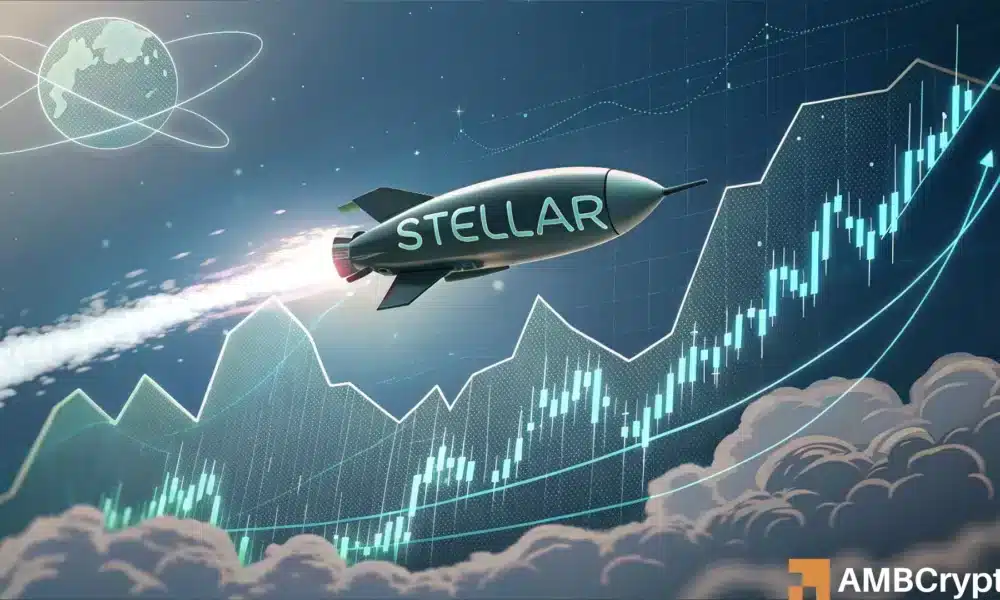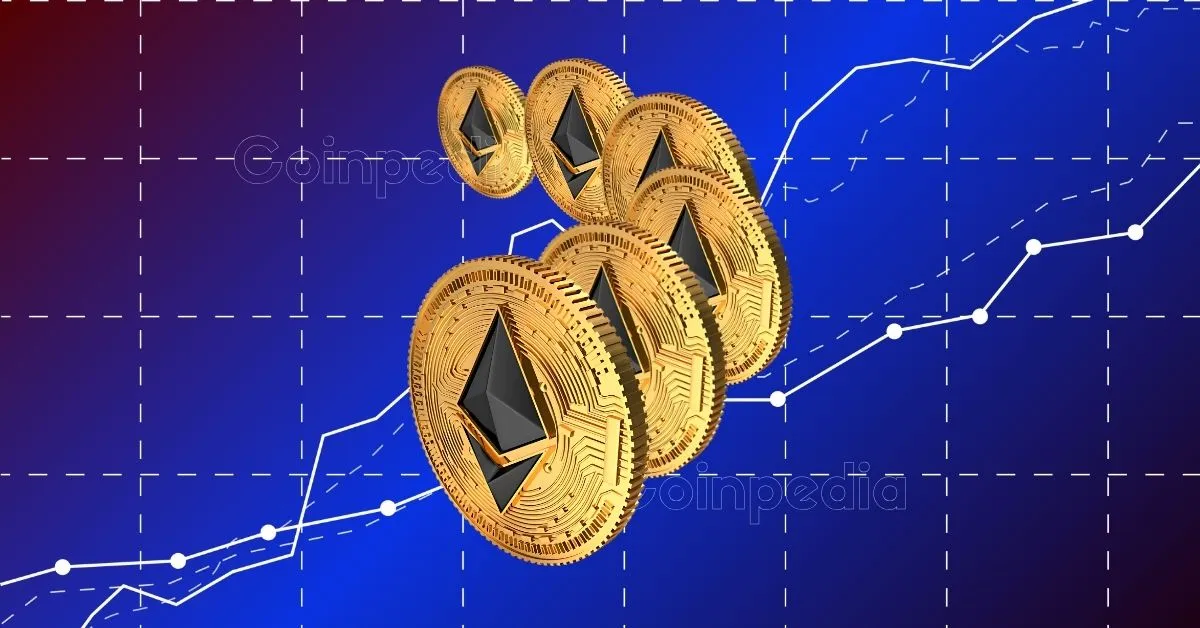Posted:
Disclaimer: The information presented does not constitute financial, investment, trading, or other types of advice and is solely the writer’s opinion.
- Lido bulls continued to be suppressed by heavy selling pressure.
- Demand dwindled in the derivatives market.
Lido’s [LDO] bearish swing continued to trend lower with price approaching a critical support level. As of press time, LDO traded at $1.46, just above the $1.4 support level.
How much are 1,10,100 LDOs worth today?
The break of multiple support levels over the past two months has kept bulls subdued with elevated sell pressure threatening to crack another support level.
In the meantime, Bitcoin [BTC] hovered above $26k and could see LDO extend the price decline in the short term.
Sellers curtailed LDO’s September bounce

Source: LDO/USDT on Trading View
The extended bearish dominance saw LDO sink to the $1.4 support level on 11 September. Despite the selling pressure, bulls put up a solid defense with price rebounding by 13% between 12 September to 19 September.
Yet, buyers could not scale the $1.6 resistance. This brought sellers back into the picture with LDO retesting the support level. Furthermore, the on-chart indicators highlighted the intense selling pressure.
The Relative Strength Index (RSI) dropped lower toward the oversold zone. In the same pattern, the On Balance Volume (OBV) maintained its slow decline. Both reinforced the elevated selling pressure and lack of buying pressure in the Lido market.
If the selling trend continues, the $1.4 support could cave with sellers driving the price toward $1.2. A subsequent defense of the support level by bulls will invalidate the bearish thesis and could see a short-term bounce to $1.5.
Realistic or not, here’s LDO’s market cap in BTC terms
Market demand for LDO dwindled

Source: Coinalyze
Data from Coinalyze showed that the Open Interest (OI) trended lower along with price, underscoring the bearish bias.
Similarly, the Cumulative Volume Delta (CVD) which measures the market demand for a token took a nose dive from 9 September. This demonstrated that sellers had more control over the market than buyers.
Credit: Source link















































